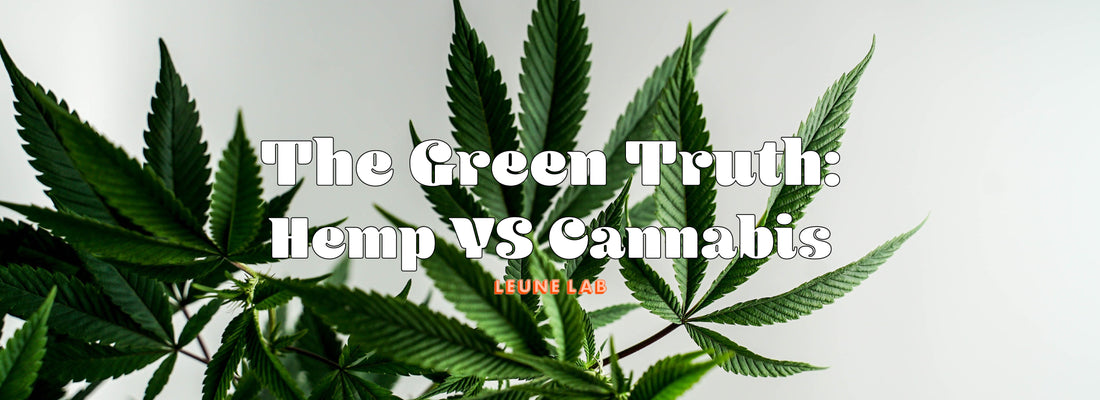The terms "hemp" and "cannabis" are often used interchangeably, leading to confusion among 420 enthusiasts and novices alike. For some, it may come as a surprise to find there are a few nuanced differences between hemp and cannabis – and to further dispel any confusion this post will explore their legality, uses, and potency.
Legality:
The legal status of hemp and cannabis serves as one of the most glaring distinctions. Hemp is characterized by low THC (tetrahydrocannabinol) content of 0.3% or less, enjoying widespread legal acceptance with the passage of the US Farm Bill in 2018. This opened the door for the hemp derived product market. In contrast, cannabis contains higher THC levels, which has caused the plant to be highly regulated by state-specific laws resulting in a patchwork of legal statuses globally, ranging from complete prohibition to medicinal or recreational legalization in certain regions.
Uses:
Hemp and cannabis showcase diverse applications, contributing to industries far beyond the stereotypical "high." Hemp stands out for its versatility – its fibers are employed in textiles, its seeds yield nutrient-rich oil, and it serves as a sustainable source for biofuels. Cannabis, on the other hand, is primarily recognized for its medicinal and recreational uses, with strains bred for specific effects, such as pain relief, relaxation, or creativity enhancement.
Potency:
Potency is a key factor distinguishing hemp from cannabis. Hemp can be cultivated for industrial purposes, and therapeutic purposes with hemp that has high CBD (cannabidiol) content and minimal THC. CBD is celebrated for its therapeutic potential without inducing the psychoactive effects associated with THC. Conversely, cannabis varieties are bred with diverse THC levels to cater to various consumer preferences, ranging from low to high potency.
In summary, the differences between hemp and cannabis extend beyond their botanical structures. Legal frameworks, applications, and potency variations underscore the unique roles these plants play in our lives. Whether you're drawn to the sustainable potential of hemp or the diverse effects of cannabis, understanding these distinctions empowers you to make informed choices in navigating the verdant landscape of cannabinoids.



